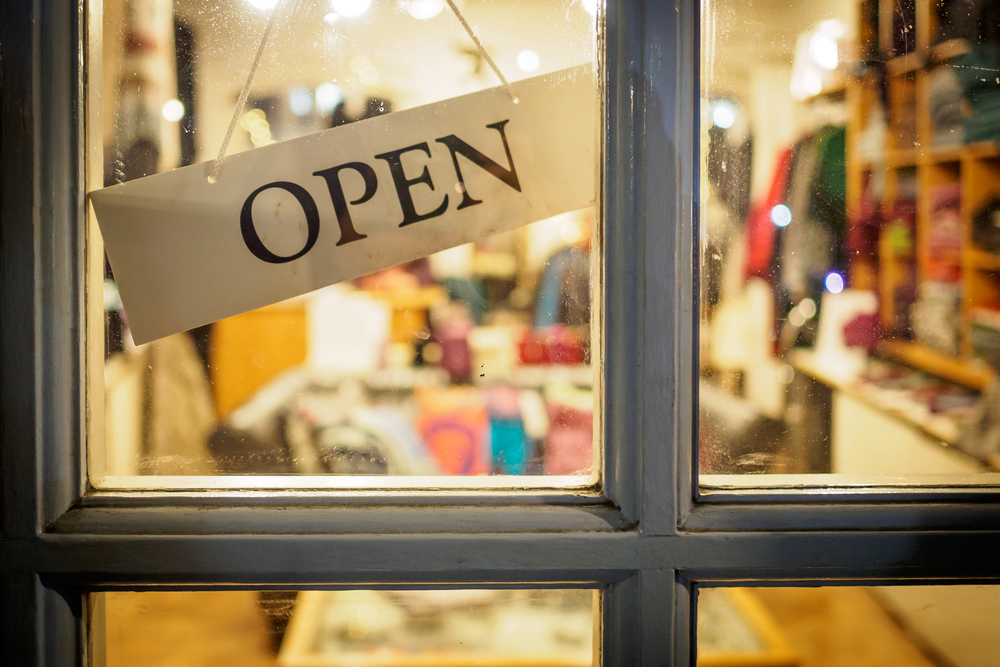At a hearing held by the House Small Business Committee, lawmakers and small business owners discussed a bill that seeks to help businesses in low-income and underutilized business zones.

The Small Business Administration’s (SBA) Historically Underutilized Business Zones (HUBZone) program was the focus of the hearing, particularly regarding a bill entitled the “HUBZone Unification and Business Stability Act,” which would strengthen the program.
“The program’s core mission is to bring economic hope, independence, jobs, and businesses to depressed areas marked by high unemployment and poverty. This is accomplished through the use of federal contracting preferences. H.R. 3294 helps the program achieve its mission objectives by providing legislative solutions to the challenges and weaknesses identified by small businesses and government watchdogs,” Rep Steve Chabot (R-OH) said. Chabot is chairman of the committee and co-sponsor of the legislation along with Rep. Nydia Velazquez (D-NY).
One of the big challenges is that HUBZone area determinations frequently change, as often as annually and potentially several times per year. This leaves small businesses unable to anticipate shifts in HUBZone area designations.
“The uncertainty resulting from the annual designation updates not only impacts HUBZone companies, it negatively impacts the economic stability of the communities in which the company and employees reside. I am pleased to see that the committee has taken steps to address this issue and others in H.R. 3294,” said Shirley Bailey, president and board chair of the HUBZone Contractors National Council in Washington, D.C.
This uncertainty is one of the things the bill addresses by freezing the HUBzone maps until 2020. After that, the designated would be reviewed every five years.
Robert Schuerger, principal at the Law Offices of Robert A. Schuerger Co., in Columbus, Ohio, said the bill will provide much-needed stability. His office is in an area that is due to lose its HUBZone designation in 2018.
“I certainly favor the approach in H.R. 3294 which freezes the current HUBZone eligibility maps until 2020. It would provide us with the transition time our firm needs while we decide how to keep our valued employees and finding a new office,” Schuerger said.
Several other small business owners spoke in favor of the bill.
“Wovenware is a perfect example of a company that would greatly benefit from revisions to the current HUBZone program. Not only do we have the expertise, experience and drive to provide needed technology services that rival or exceed the capabilities of other U.S. companies, but securing more federal contracts would enable us to organically grow our business, employ more local workers and contribute to the revitalization of the economy in Puerto Rico,” Carlos Melendez, co-founder at Wovenware in San Juan, Puerto Rico, said.